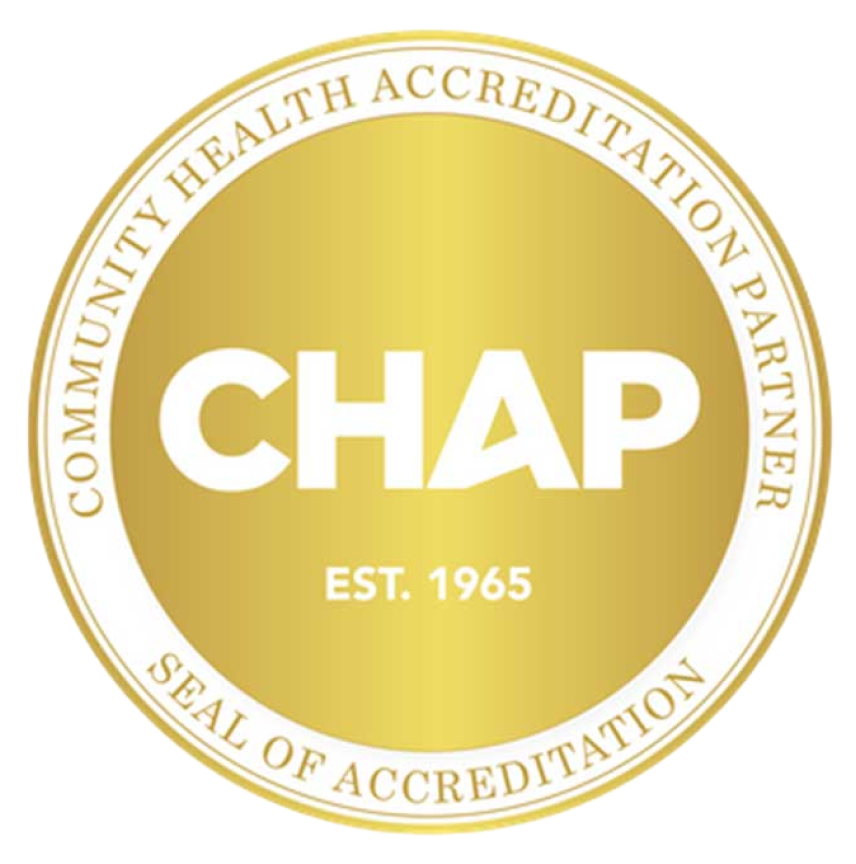Effective, compassionate communication puts patients at the center of their own healthcare journey, enabling follow-through with clinical recommendations and treatment plans. However, primary care physicians and advanced practice clinicians often have little time to communicate with their patients, families, and interdisciplinary providers, which has a measurable impact on outcomes – both for patients and a practice’s bottom line.
In transitional points of a patient’s healthcare journey – such as when individuals and families begin considering home healthcare and hospice services – effective communication becomes even more important. If appropriate care plans are not communicated or understood, patients can be put at unnecessary risk for emergency department (ED) visits, hospital admissions, and deterioration of health conditions.
In fact, according to the Journal of the American Medical Association, improved communication during transitional points of care is “significantly associated with lower readmission rates, higher medication adherence, and higher patient satisfaction.”
Here are three methods your practice can utilize to improve communication while also realizing measurable, improved outcomes for your patients. Better outcomes, fewer hospitalizations, and less use of the ED translate into financial gain for most practices.

1. Keep the lines of communication open among care teams
To drive effective communication with patients and families in your care, first take measure of the connections between yourself and those within the larger healthcare ecosystem.
- Have you established an open channel of communication with other providers caring for your patients?
- Are you leveraging the functions in your technology platforms to send and receive information among clinical partners?
- Do you receive notice when your patients are admitted to the hospital or visit the ED?
- Are you made aware of appropriate opportunities to deliver patient-centered interventions that can be billed by your practice at different points in the care continuum?
- Are your case managers and care coordinators following up with patients at appropriate times to educate them and answer questions?
Further, to avoid communication breakdowns, it is critical to foster and maintain direct partnerships with responsive and communicative healthcare professionals who share the common goal of high-quality, responsive care.
“Prompt response to care inquires is paramount for us,” says Bobbie Beharrie, RN-BC, CDP, CADDCT, Director of Personal Care Services for The Medical Team, a licensed, certified provider of home healthcare and hospice services under Medicare and Medicaid. “We do what it takes to ensure patients and families have the information they need to make necessary decisions.”
Especially if you are working toward quality benchmarks or value-based contracts, you have the responsibility to ensure all appropriate care is delivered to your patients. However, as you help patients achieve their health goals through the highest quality care possible, you don’t have to shoulder the entire burden of communication. By choosing partners who keep the lines of communication open, you are better positioned to intervene proactively and ensure improved outcomes for your patients and your practice.
2. Incorporate patient education in your communication strategy
A 2022 report from the United Hospital Fund explains: “inadequate preparation for transitions [of care] frequently places frail and otherwise vulnerable older adults at risk of overuse of acute care services, declining health, permanent residency in a skilled nursing facility, and high levels of stress, anxiety, and dissatisfaction.” Education is an important component of a communication strategy and should be prioritized, especially for patients who are at high risk of hospital readmissions. Likewise, education about the benefits of hospice services can be helpful, providing peace of mind for families and patients who are facing a serious decision.

While you or your staff might communicate self-care instructions or recommendations on follow-up appointments, for example, patients might not understand or have the ability to take action on the recommendations. By partnering with a trusted provider for home healthcare and hospice services, you can count on your partner to reinforce the instructions, spend extra time educating patients, and deliver the services your patient needs to optimize health.
A good partner that educates your patients makes your day easier and saves time for your practice overall.
3. Prioritize the speed of communication
Patients value a communication approach that is straightforward, clear, and timely. In fact, timely communication has been cited as “a key factor in ensuring better patient outcomes, and nurturing patient satisfaction” according to the Journal of Radiology Nursing.
When considering a patient who is embarking on their personal journey for home healthcare and/or hospice, timely communication about health services not only impacts overall patient satisfaction, but also additional measurable outcomes. A patient or family member caregiver who “doesn’t know what to do next” and must wait for answers will likely struggle to follow even the best care plans.
In a recent claims-based retrospective cohort study published by the American Journal of Managed Care, researchers found patients who were discharged to home and who also received timely home health services were 60% less likely to be readmitted to the hospital within 30 days when compared to patients who did not receive home health services upon discharge.
The study found that total expenditures from the time of admission to 90 days post-discharge were 11% lower in the group of patients who received home health services. Collaborating with home healthcare and hospice agencies that value prompt response and timely care can help you provide the best care possible while supporting your key business drivers.
The Medical Team is your partner in care
The Medical Team, a leading provider of home healthcare and hospice services for more than 45 years, is available 24/7 to facilitate communication and continuation of services for patients who are ready for care at home. The Medical Team efficiently coordinates with physicians, practitioners, and other members of the patient’s healthcare team to deliver the most appropriate plan of care.
No matter where a patient is on their health journey, The Medical Team provides personalized at-home health services to improve outcomes, reduce costs, and keep patients healthy and happy wherever they call home.
If you have patients who could benefit from home healthcare and hospice services and you’d like to improve your business performance, please reach out to The Medical Team below:
[gravityform id=”3″ title=”true” description=”true”]


